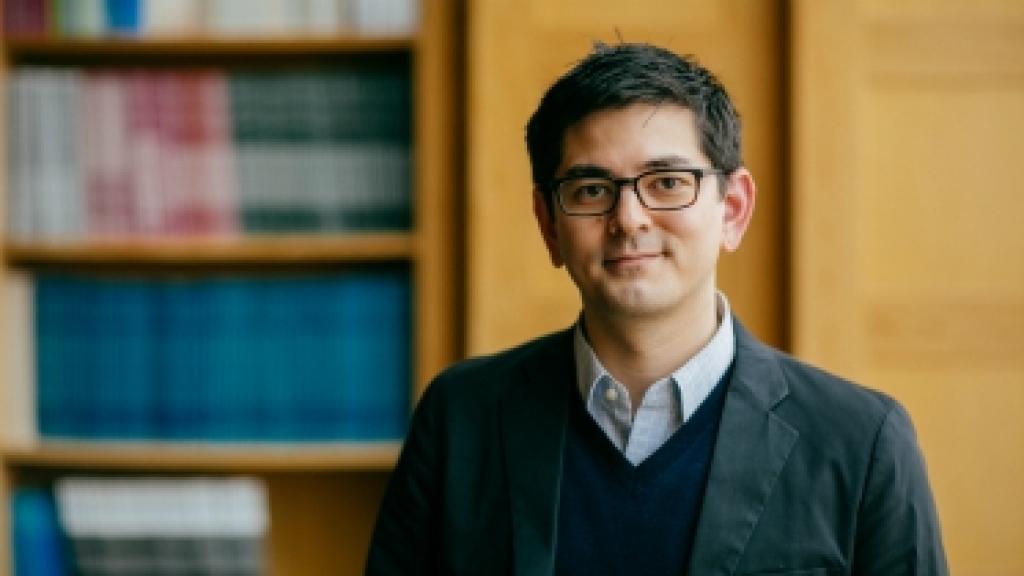September 20, 2017 by Office of Public Affairs
Research links cortical thinning over time to the ability to consider others’ intentions.
When it comes to the concept of fairness, teenagers’ ability to consider the intentions of others appears to be linked to structural changes in the brain, according to a study led by Assistant Professor of Psychological and Brain Sciences Luke Chang.
The research found that cortical thinning of specific areas of the brain from youth into young adulthood corresponded to the transition from an emphasis on equality in all transitions to a more complex consideration of the intentions of others in exchanges. This developmental change in the social brain continued through late adolescence, the researchers said.
“We were surprised that this shift in preference for considering others’ intentions occurred so late in development,” Chang says. “This finding has potential implications regarding how much autonomy this age group should be given when making important social and ethical decisions, such as purchasing weapons, going to war, and serving on juries.”
The study is the first to provide evidence linking structural changes in the brain with behavioral changes within the context of fairness concerns, the researchers said. The research, conducted in part at Dartmouth’s Computational Social Affective Neuroscience Laboratory (Cosan Lab) in the Department of Psychological and Brain Sciences, was published in the August edition of Scientific Reports.
For more, see the Dartmouth News article.
